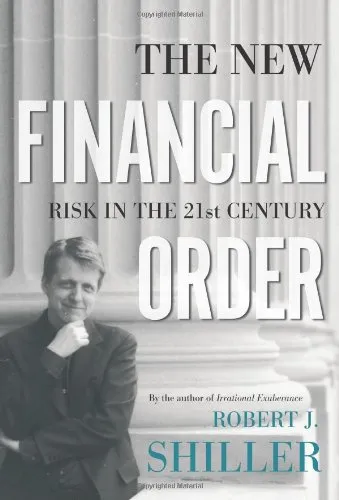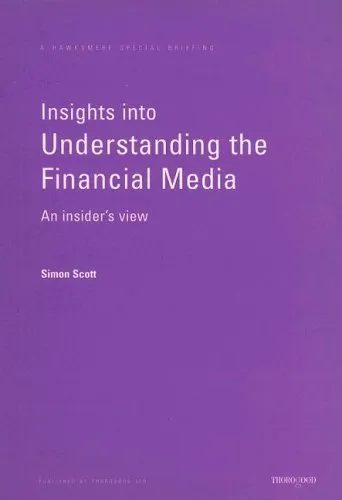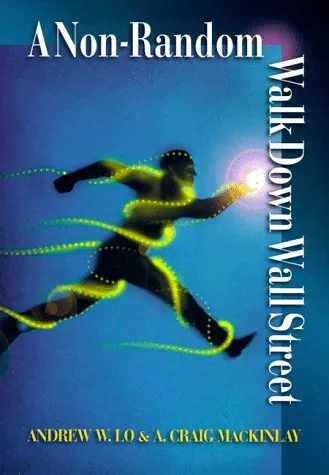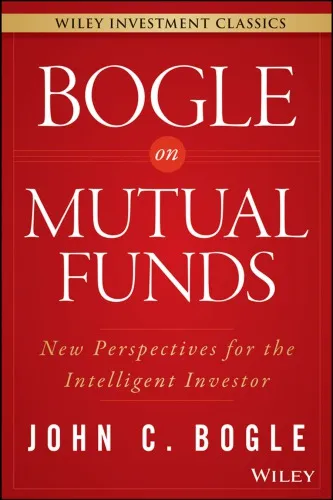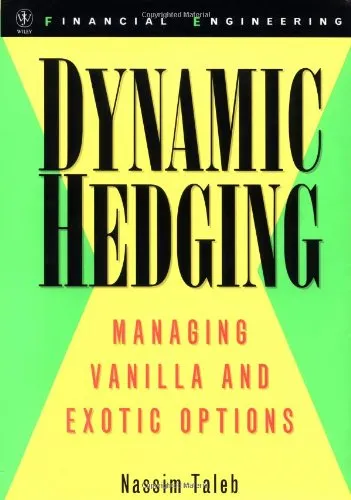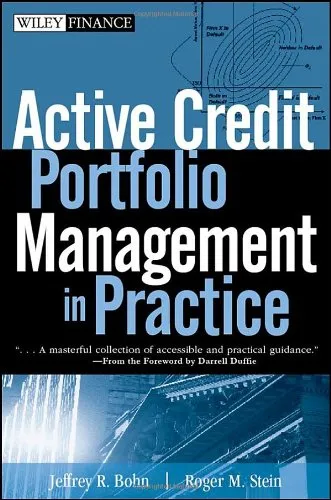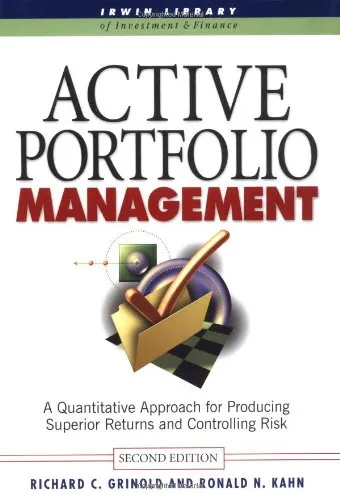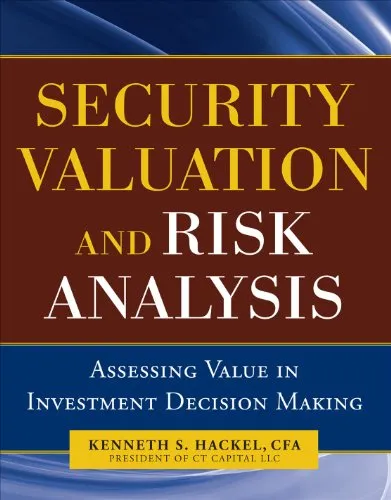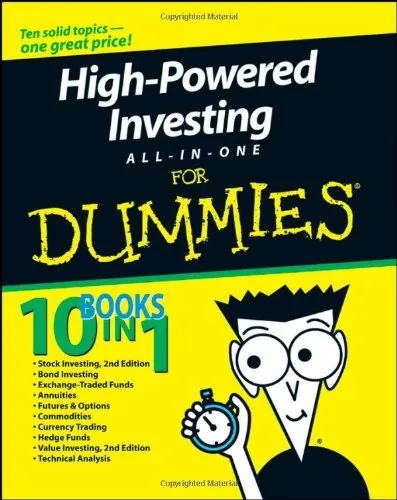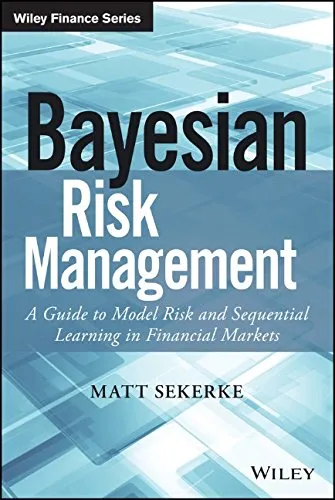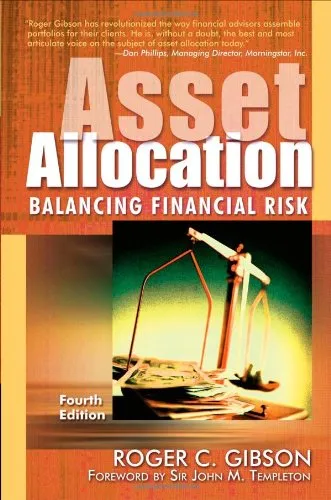The New Financial Order: Risk in the 21st Century
4.0
Reviews from our users

You Can Ask your questions from this book's AI after Login
Each download or ask from book AI costs 2 points. To earn more free points, please visit the Points Guide Page and complete some valuable actions.Related Refrences:
Introduction to 'The New Financial Order: Risk in the 21st Century'
Welcome to an insightful exploration of financial innovation and the management of economic risk by renowned economist Robert J. Shiller. In 'The New Financial Order: Risk in the 21st Century', Shiller presents a transformative approach to understanding and addressing the economic uncertainties that challenge individuals and societies alike. This introduction provides a synopsis of the book’s core ideas, key takeaways, some notable quotes, and the significance of its proposals in the context of our rapidly evolving financial landscape.
Detailed Summary of the Book
Shiller’s 'The New Financial Order' delves deep into the complexities of managing risk in a globalized economy. The book envisions a future where financial innovation has progressed to a point where risks that once seemed insurmountable can be effectively managed. Shiller argues for bold new ideas that leverage risk management to enhance global prosperity and reduce economic dislocation.
At the heart of this ambitious work are six fundamental proposals aimed at improving the capacity of global institutions to handle risk. These include developments in insurance, information technology, and behavioural economics alongside policy reforms that advocate for more sophisticated global financial instruments. Shiller makes a compelling case for what could be possible if society commits to reimagining its economic welfare systems and takes advantage of the latest technological innovations.
By drawing on historical examples and drawing parallels with present-day economic challenges, Shiller stitches together a comprehensive narrative that traces the evolution of risk management and projects future directions. He envisions advancements such as macro-markets, which could allow for the trading of income-related financial claims, thus providing individuals and businesses far greater control over their economic destinies.
Key Takeaways
- The importance of broadening the availability and efficiency of insurance against various risks, including income and economic upheavals.
- The role of financial innovation in adapting to changes in the global economic landscape, thus minimizing adverse outcomes.
- Incorporating behavioural economics into financial models to better understand how emotional and cognitive biases affect economic decision-making.
- The potential for macro-markets to transform personal risk management and economic security.
- The necessity of international cooperation to establish and manage these new financial systems effectively.
Famous Quotes from the Book
"Risk management is too important to be left to risk managers."
"Financial innovation, like technological innovation, shows its most fruitful results only after an incubation period to develop a supporting infrastructure."
"If we do not take advantage of opportunities for improving our economic risk management structure, then future generations may well look back on us as having been shortsighted."
Why This Book Matters
At a time when economic uncertainties and systemic risks are increasingly part of the global narrative, 'The New Financial Order: Risk in the 21st Century' offers a refreshing perspective on how to tackle these challenges head-on. Robert J. Shiller's visionary proposals not only illuminate pathways towards a more resilient economic system but also emphasize the need for proactive engagement with the future of financial risk management.
This book matters because it challenges policymakers, economists, and financial professionals alike to rethink conventional approaches to risk. With its robust discussion on the integration of technology and its call for a collaborative, future-forward perspective, Shiller’s work remains critically relevant.
As our world continues to grapple with economic volatility, understanding and incorporating these concepts could lead to significant advancements in achieving global financial stability and prosperity. Therefore, 'The New Financial Order' is not merely a reflection on the present but a strategic blueprint for what could be possible in our shared economic future.
Free Direct Download
You Can Download this book after Login
Accessing books through legal platforms and public libraries not only supports the rights of authors and publishers but also contributes to the sustainability of reading culture. Before downloading, please take a moment to consider these options.
Find this book on other platforms:
WorldCat helps you find books in libraries worldwide.
See ratings, reviews, and discussions on Goodreads.
Find and buy rare or used books on AbeBooks.
1259
بازدید4.0
امتیاز0
نظر98%
رضایتReviews:
4.0
Based on 0 users review
Questions & Answers
Ask questions about this book or help others by answering
No questions yet. Be the first to ask!
